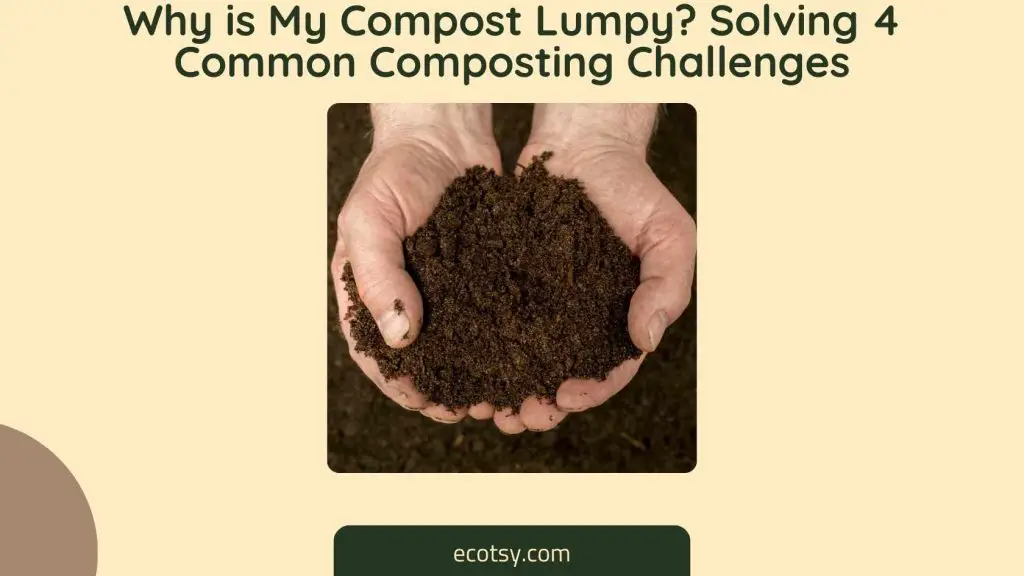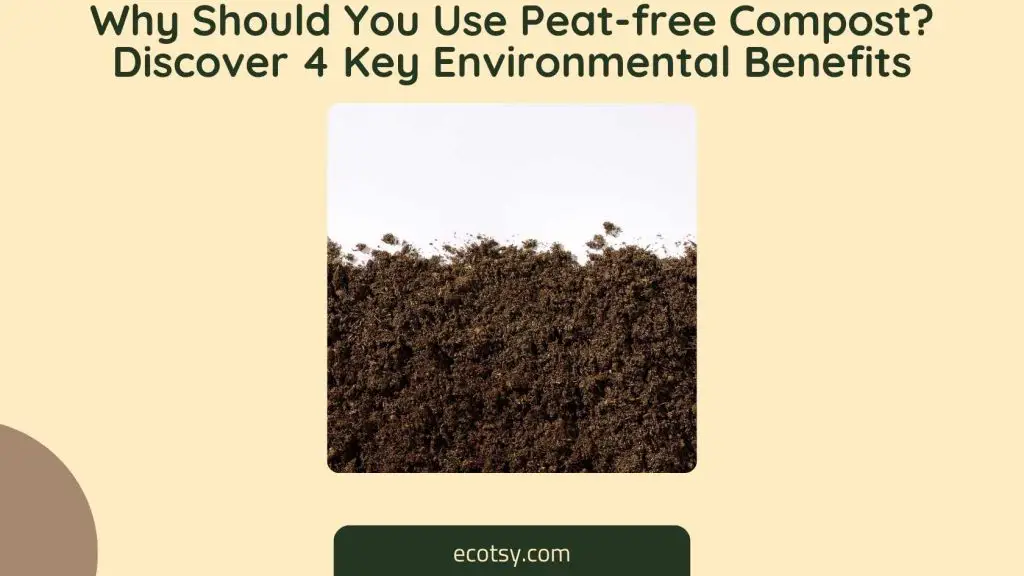The shift towards peat-free compost is more than a gardening trend; it’s a crucial step in adopting environmentally responsible practices. Peat bogs, vital for their carbon storage and biodiversity, are increasingly threatened by peat extraction for horticultural use. Peat-free compost offers a sustainable alternative, promising numerous benefits not only for the environment but also for gardeners seeking to nurture their green spaces in a more eco-friendly manner. This article delves into seven key reasons why peat-free compost is important, each underpinning the urgency and benefits of this transition.
1. Preservation of Peat Bogs
Peat bogs play a crucial role in our ecosystem, and their conservation is one of the primary reasons why peat-free compost is important.
Reducing Carbon Emissions
Peat bogs are significant carbon sinks, storing vast amounts of carbon that, if released, contribute to greenhouse gas emissions. Extracting peat for compost releases this stored carbon into the atmosphere, contributing to climate change. Peat-free compost, on the other hand, helps preserve these carbon stocks, reducing our carbon footprint.
Biodiversity Protection
Peatlands are unique habitats that support a diverse range of flora and fauna. The extraction of peat disrupts these ecosystems, endangering the species that rely on them. Using peat-free compost helps protect these vital habitats, ensuring the survival of many rare and specialized species.
2. Sustainable Gardening Practices
Adopting peat-free compost is a step towards more sustainable gardening practices, promoting environmental stewardship.
Encourages Use of Renewable Resources
Peat-free composts are often made from renewable resources like composted bark, coir, and green waste. This shift towards renewable materials reduces dependency on finite resources like peat, fostering a more sustainable approach to gardening and resource use.
Enhances Soil Health
Using peat-free compost can improve soil health over time. These composts often contain a mix of materials that enhance soil structure, water retention, and nutrient content. Healthier soil supports more robust plant growth and increases the garden’s resilience to pests and diseases.
3. Water Management and Conservation
Water management is an essential aspect of environmental conservation, and peat-free compost plays a significant role in this regard.
Improved Water Retention
Peat-free composts, especially those containing materials like coir or composted bark, are excellent at retaining water. This property helps in conserving water, as plants require less frequent watering, which is especially beneficial in regions with water scarcity or during drought conditions.
Reduces Water Pollution
Using peat-free compost can also help in reducing water pollution. Unlike peat-based composts, which can leach into waterways, peat-free options are less likely to contribute to the eutrophication of lakes and rivers. This helps maintain the health of aquatic ecosystems and ensures cleaner water sources.
4. Reducing Dependency on Peat Extraction
The move towards peat-free compost is essential in reducing the environmental impact of peat extraction.
Conserves Non-Renewable Resources
Peat is a non-renewable resource that takes thousands of years to form. By using peat-free compost, gardeners help conserve this finite resource, ensuring its availability for future generations and the continued health of peatland ecosystems.
Mitigates Landscape Alteration
Peat extraction often leads to significant alterations in landscapes, including drainage of wetlands and destruction of natural habitats. By choosing peat-free alternatives, gardeners play a role in reducing the demand for peat, thereby mitigating the impact of its extraction on landscapes and ecosystems.
5. Climate Change Mitigation
The use of peat-free compost is an effective way to mitigate the effects of climate change through responsible gardening practices.
Reduces Greenhouse Gas Emissions
The extraction and use of peat contribute to the release of greenhouse gases, particularly carbon dioxide. By opting for peat-free compost, gardeners can significantly reduce their carbon footprint, as these alternatives do not involve the release of stored carbon, unlike peat-based composts.
Supports Carbon Sequestration
Peatlands are natural carbon sinks, and their preservation is vital in the fight against climate change. By avoiding peat-based products and using peat-free compost, gardeners help maintain the integrity of these ecosystems, allowing them to continue sequestering carbon effectively.

6. Economic Benefits
Switching to peat-free compost also has economic implications, both for gardeners and the broader economy.
Cost-Effectiveness for Gardeners
Peat-free composts can be more cost-effective in the long run. They often improve soil health and structure, leading to better plant growth and reduced need for additional fertilizers or water. This can translate into savings for gardeners over time.
Supports Sustainable Industry
The growing demand for peat-free compost encourages the development of sustainable industries focused on creating environmentally friendly gardening products. This not only creates jobs but also fosters innovation in sustainable practices and materials.
7. Enhancing Plant Health and Yield
Using peat-free compost can have direct benefits on the health and yield of plants in gardens and agricultural settings.
Promotes Diverse Microbial Life
Peat-free composts are rich in microbial life, which is essential for healthy soil. These microorganisms play a crucial role in nutrient cycling, improving plant health and growth. This biodiversity is often more pronounced in peat-free compost compared to peat-based options.
Increases Plant Resilience
Plants grown in soils enriched with peat-free compost tend to be more resilient to diseases and pests. The improved soil structure and nutrient availability help plants develop stronger root systems and better overall health, leading to increased yields and healthier gardens.
Conclusion
The use of peat-free compost presents a harmonious blend of environmental stewardship and gardening excellence. Key takeaways include:
- Preservation of Peat Bogs: Protecting vital carbon sinks and unique ecosystems.
- Sustainable Gardening Practices: Encouraging the use of renewable resources and enhancing soil health.
- Water Management and Conservation: Improving water retention in soil and reducing water pollution.
- Reducing Dependency on Peat Extraction: Conserving non-renewable resources and mitigating landscape alteration.
- Climate Change Mitigation: Reducing greenhouse gas emissions and supporting carbon sequestration.
- Economic Benefits: Offering cost-effectiveness for gardeners and supporting sustainable industries.
- Enhancing Plant Health and Yield: Promoting diverse microbial life and increasing plant resilience.
By embracing peat-free compost, gardeners and environmental enthusiasts alike can contribute significantly to a more sustainable and ecologically balanced future.





